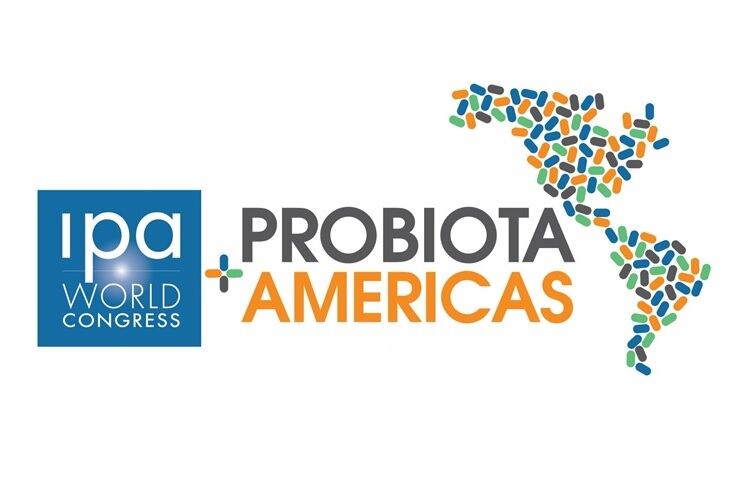According to data from simulated colon experiments, Chilean currants (Ribes magellanicum and Ribes punctatum) led to increases in Akkermansia muciniphila and Faecalibacterium prausnitzii.
However, no increases in Lactobacillus spp. and Bifidobacterium spp. were reported. In addition, no changes in production of short-chain fatty acids (SCFA) were reported despite significant promotion of the growth of Clostridium cluster XIVa species, which are reported to be butyrate producers.
“To the best of our knowledge, this is the first study describing the modulation of gut microbiota and its metabolites by Chilean berries,” wrote scientists from the Universidad de Talca (Chile) and Universidad Europea de Madrid (Spain) in Food Research International.
“Although we performed a complete simulation of the gastrointestinal tract, using low concentrations of ID-PEE (intestinal digested polyphenol-enriched extract) it should be taken into account the implicit limitations of the batch-culture fermentation method (closed system with limiting substrate and only one dose of treatment). Therefore, further in vivo experiments are needed to confirm these findings, considering this work as a first step to validate the potential prebiotic-like effect of Chilean currants in the human colon.”
Study details
The researchers used polyphenol-enriched extracts of R. punctatum or R. magellanicum in a simulated colon model. The extracts were submitted to simulated gastrointestinal digestion and then colonic fermentation with feces from healthy humans. Data was collected after 1, 4, 8 and 24 hours of incubation.
The results showed that R. punctatum “promoted the growth of beneficial bacteria such as Clostridium cluster XIVa, and Faecalibacterium prausnitzii; while a trend to increase Akkermansia muciniphila was observed. R. magellanicum increased Clostridium cluster XIVa population,” wrote the researchers.
However, no changes to pH or ammonia were reported, nor did Lactobacillus and Bifidobacterium change significantly.
Total SCFA levels remained constant, but the currant extracts did decrease butyrate and propionate levels.
“Our results suggest that polyphenols from R. punctatum and R. magellanicum may modulate both bacterial metabolism and some selected gut beneficial bacteria under simulated conditions,” wrote the researchers. “Therefore, Chilean currants might be useful as supplements to maintain a healthy colon; however, further in vivo studies are needed to confirm their effect and their mechanisms.”
Source: Food Research International
Volume 129:108848. doi: 10.1016/j.foodres.2019.108848
“Effects of gastrointestinal digested polyphenolic enriched extracts of Chilean currants (Ribes magellanicum and Ribes punctatum) on in vitro fecal microbiota”
Authors: A. Burgos-Edwards



